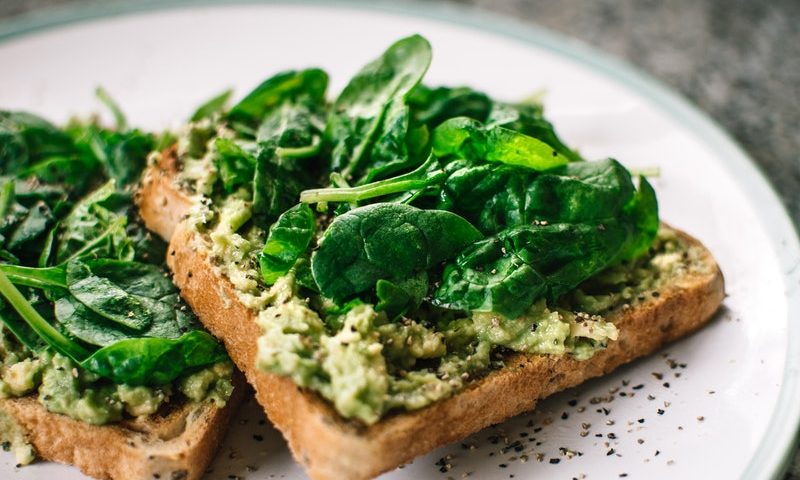For many, hearing the “C” word come up in a conversation about food can be nerve-wrecking. We’re talking about calories — and if you’re working at managing your weight, or you find the topic of weight to be a sensitive one, you probably know that “calorie talk” is a real mood buster.
Sadly, calories often get a bad reputation — associated with images of scales, tape measures and other numbers. We sometimes self-obsess over data sets such as these, so we generally don’t enjoy counting calories. Typically, we only track calories if we’re actively trying to lose weight. But calories are more than this, so it’s important to understand the much bigger role they play.
What are Calories, Exactly?
Simply stated, a calorie is defined as a unit of energy that comes from the food you eat. When you look at a food label and search for nutrition facts, the calories you see are presented in units of food calories or “kcals.” Essentially, this number tells you the amount of energy your cells are able to take by processing nutrients from your food.
Looking at the Bigger Picture
While we’re trained to see calories as black or white numeric values, you should recognize that this doesn’t look the same for everyone. For instance, a high-calorie diet for one person can be a low-calorie diet for another. Every body is different. The amount of calories per day that your body requires for fuel and energy varies among individuals.
Here’s another example. An male football player who trains four to five days per week will need more calories to sustain his lifestyle than someone who is a lot less active. This is because we get fuel by eating foods, but we burn that same fuel with exercise and through our metabolism. Likewise, someone who is more active is also more likely to metabolize food faster (and burn more energy) just by doing their day-to-day activities.
A Change in Perception
Rather than being afraid of this word try changing your perception. Calories are just a source of fuel to help your body do what it needs to do. They also affect your energy, your bodily processes and your ability to perform certain tasks. You NEED them to survive!
Counting Calories: What to Consider
That being said, calories DO matter to weight control. They influence weight gain, weight-loss and weight maintenance. So, being strategic with the food you eat (and the calories you consume) is generally a helpful tool.
Here are a few things to look for when assessing and adjusting your daily calorie intake:
Balance:
A balanced calorie intake is necessary. It happens when the amount you consume equals the amount you burn through metabolism and exercise. Excess calories contribute to weight gain while a deficit contributes to weight-loss.
Fuel Source:
The food you eat offers more than just calories. It’s also your source for essential nutrients like proteins, fats and carbs. Try to limit the number of “empty” calories you eat that offer no real nutritional value. Instead, get your intake from foods of a higher quality that do more for you than just satisfy your taste buds.
Proportions:
Weight management and good health in general require a well-balanced diet. Think about what your body needs on the most basic of levels: protein, carbs, fats, vitamins, potassium, minerals, etc. Then determine how much of each nutrient you need. For tips on building the right nutrition plan, CLICK HERE.
Conclusion
Managing your weight isn’t always easy, and neither is understanding all of the factors involved. If you’re still unclear on how to build a nutrition plan that meets your needs, consider talking with your doctor or a Registered Dietitian who can help you make informed choices. The more you learn, the more tools you have in your healthy living toolbox!






